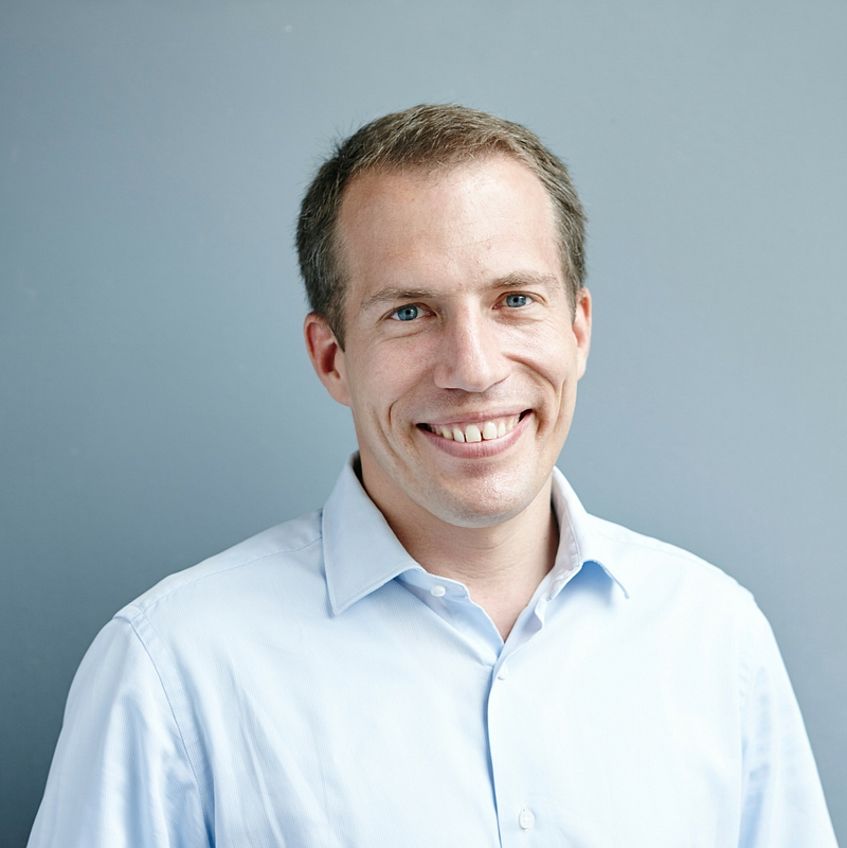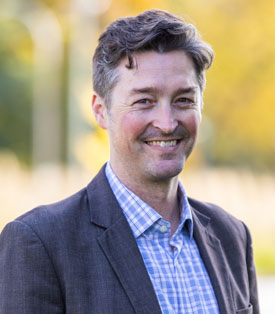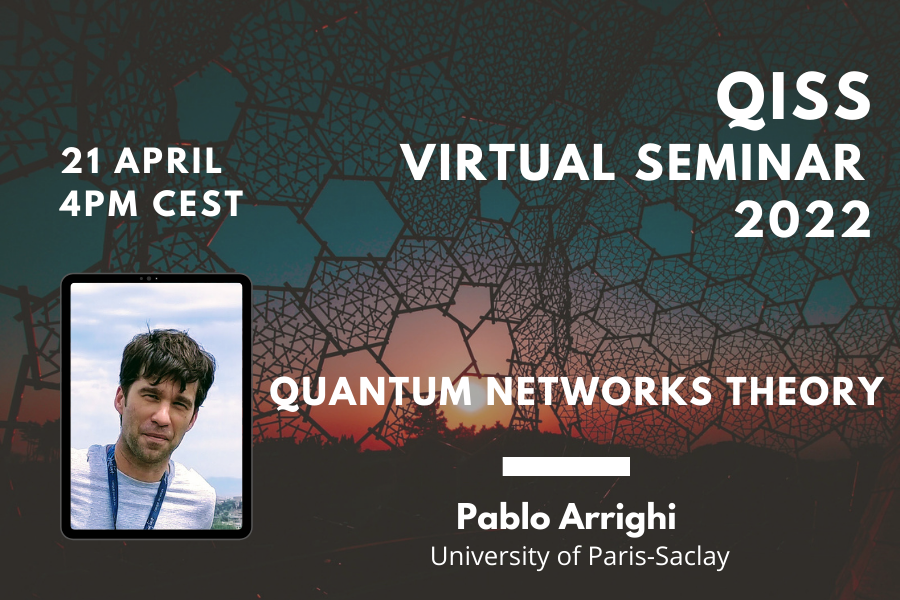Does Science need Intersubjectivity? The Problem of Confirmation in Orthodox Interpretations of Quantum Mechanics
Any successful interpretation of quantum mechanics must explain how our empirical evidence allows us to come to know about quantum mechanics. In this article, we argue that this vital criterion is not met by the class of ‘orthodox interpretations,’ which includes QBism, neo-Copenhagen interpretations, and some versions of relational quantum mechanics. We demonstrate that intersubjectivity fails in radical ways in these approaches, and we explain why intersubjectivity matters for empirical confirmation. We take a detailed look at the way in which belief-updating might work in the kind of universe postulated by an orthodox interpretation, and argue that observers in such a universe are unable to escape their own perspective in order to learn about the structure of the set of perspectives that is supposed to make up reality according to these interpretations. We also argue that in some versions of these interpretations it is not even possible to use one’s own relative frequencies for empirical confirmation. Ultimately we conclude that it cannot be rational to believe these sorts of interpretations unless they are supplemented with some observer-independent structure which underwrites intersubjective agreement in at least certain sorts of cases.


